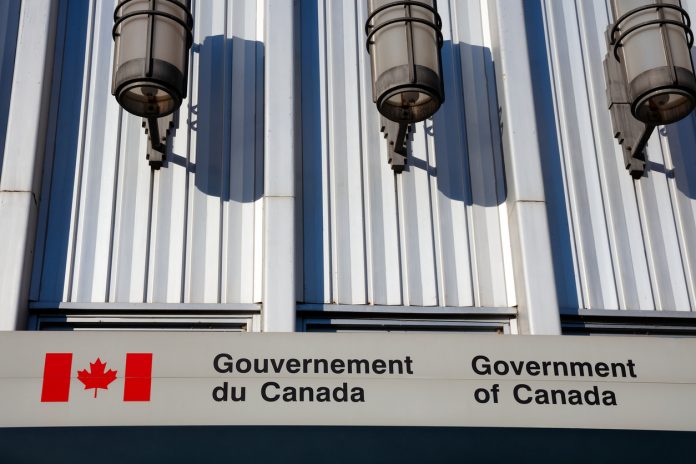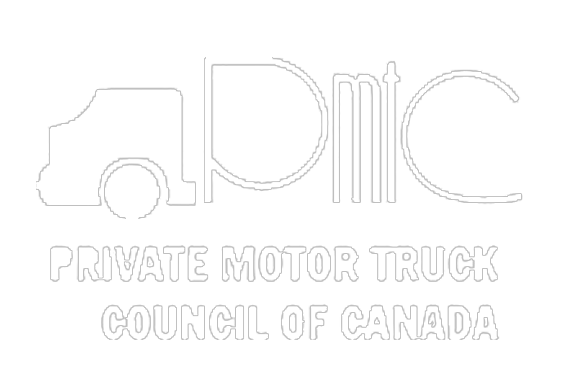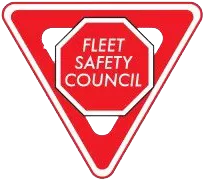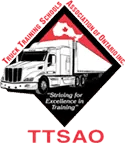The Ontario government announced this week that it will crack down on agencies and recruiters who exploit workers in the province.
Starting January 1, 2024, the Ontario government will require temporary help agencies (THAs) and recruiters to have a license to operate in the province. The aim is to protect vulnerable and temporary foreign workers from exploitation.
Inspections conducted by the Ministry of Labour, Immigration, Training and Skills Development have revealed that several temporary help agencies in Ontario have been illegally paying recruits below the minimum wage and denying them other employment rights in order to gain an unfair competitive advantage by undercutting rates.
Monte McNaughton, the Minister of Labour, Immigration, Training and Skills Development, stated, “While temporary help agencies are crucial for Ontario’s businesses and job seekers looking to enter the job market, they have operated in a gray area for too long, allowing criminals to prey on vulnerable workers.” The new government licensing system will ensure that businesses dealing with THAs in the province are licensed. THAs found to be abusing workers will face the most severe fines in Canada and will be banned from operating.
Both businesses and job seekers in Ontario may be unaware if an agency or recruiter they are working with is meeting their employment standards obligations or has a history of violations. They can now check the ministry’s online database before engaging with an agency to see if they have met the province’s stringent licensing requirements.
Companies knowingly using unlicensed businesses for staffing and those hiring deceitful recruiters will be required to reimburse workers for any illegal fees charged to them.
In the future, THAs and recruiters will be required to provide $25,000 in the form of an irrevocable letter of credit to operate their businesses. This letter of credit can be used to repay owed wages to employees. Offenders could face penalties of up to $50,000 for repeat violations, the highest fine in Canada.
In 2022, the province established a task force to collaborate with law enforcement agencies and community partners to detect and address illegal practices and recover unpaid wages for exploited employees. Their efforts have led to numerous investigations that have helped rescue hundreds of vulnerable and migrant workers from hazardous working conditions.
Furthermore, the Province of Ontario has introduced legislation to strengthen penalties for those withholding worker passports.
During the 2020-2021 period, ministry inspections of THA use in farms, food processing, storage and warehousing, and retirement homes revealed $4.2 million owed to over 10,000 employees. In 2022, temporary help agencies employed 114,000 full-time employees in Ontario.
According to Statistics Canada, there were 2,300 placement agencies and temporary help business locations operating in Ontario as of December 2022.
Temporary Help Agencies will be required to renew their license annually.
Jonathan Blackham, the Ontario Trucking Association director of Policy and Public Affairs, praised the Government of Ontario for taking measures to protect vulnerable and temporary foreign workers from unscrupulous companies that evade their responsibilities by exploiting workers and denying them their labor rights. This announcement is seen as an important step towards achieving the shared goals of worker protection and ensuring fair competition among companies.
Protecting workers’ rights in Ontario helps to create a safer environment for those in the trucking industry, with fewer loopholes for unscrupulous operators and illegal labor practices.

